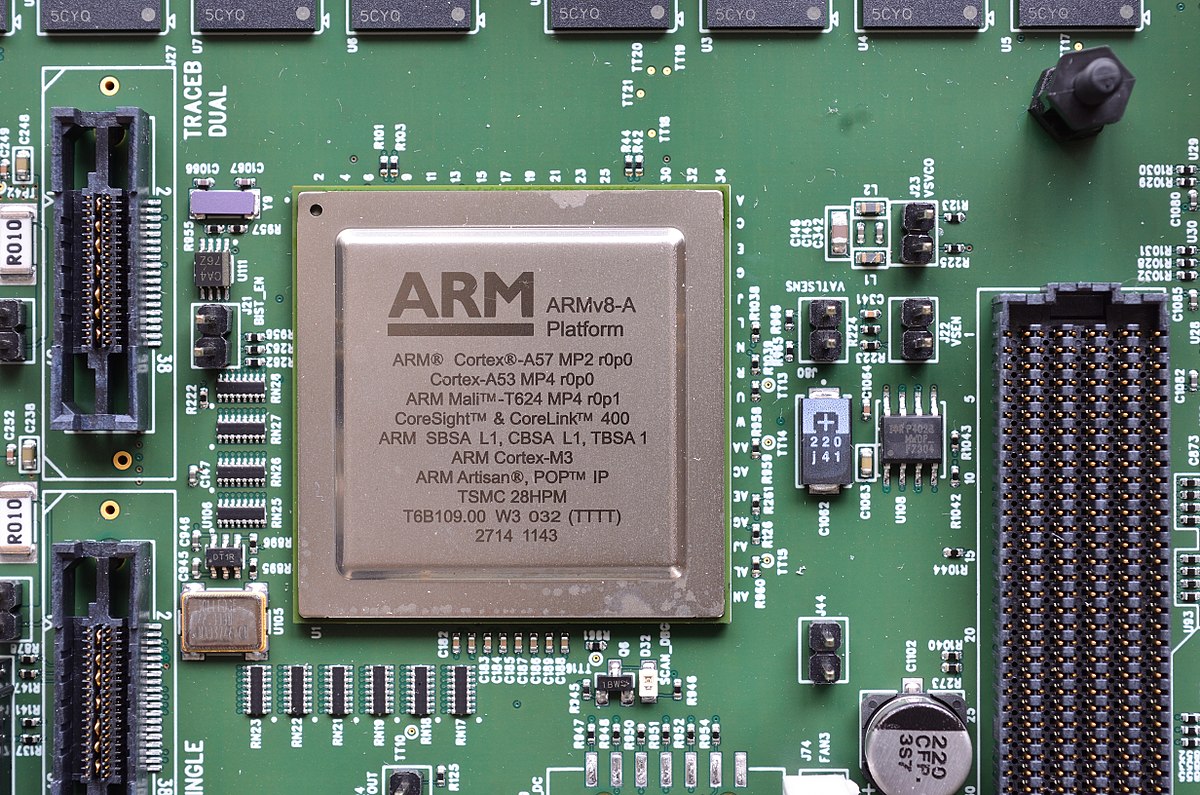It's starting already...
Nvidia isn't interested in a lot of what ARM has been doing, so I wonder what else they'll either sell off, be forced to part with due to government regulation for this deal to close and what they'll simply just stop developing due to cost related issues.
ARM will never be the same after this, that's for sure. I'm expecting Adreno to be gone first and foremost, as why would Nvidia want to use an AMD derived graphics IP in their products? They want to license their own graphics IP, despite the fact that they've proven it's inferior in terms of power usage if nothing else.
Then we'll see what else they throw out, most likely the video codecs will go as well. I hope they're sensible enough to keep the MCU cores, even though the focus here seems to be in "AI", Nvidia ought to be smart enough to realise they need those for the peripheral chipsets, or maybe they'll just consider that a job for someone else.
If you really start looking, you'll see there are ARM based cores in so many things. Even AMD's chipsets has an ARM core built into them...
It's definitely not a bright future ahead and Apple ought to take a big long look at the direction they're heading in.







